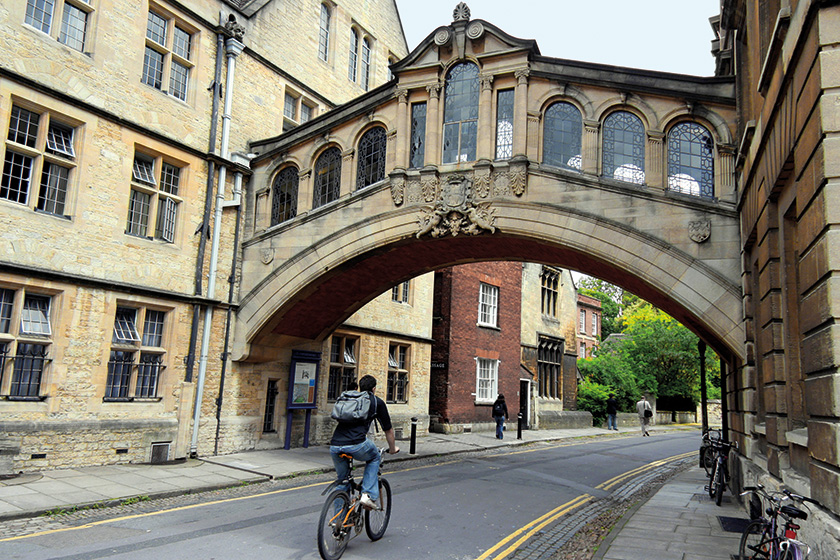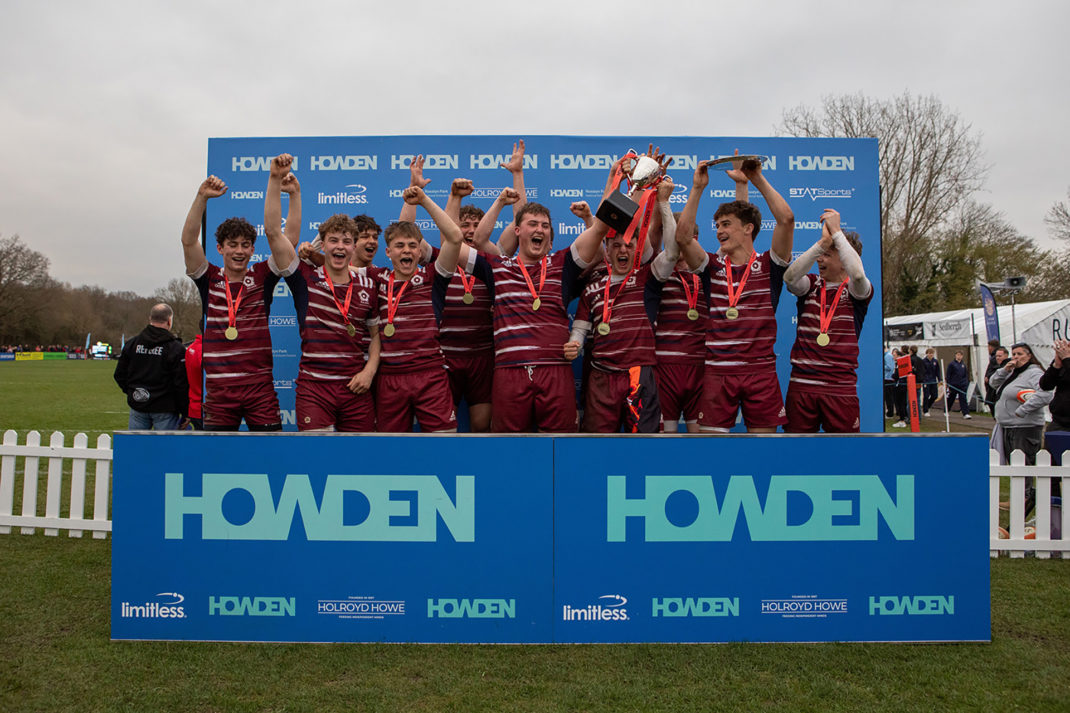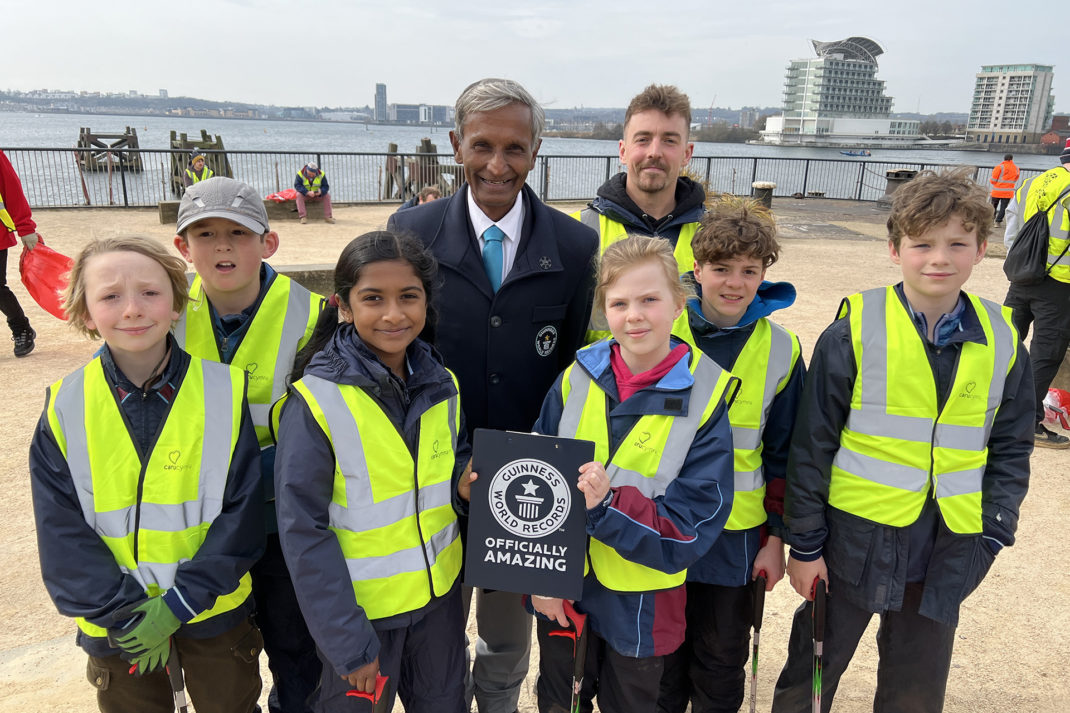How to Boost Your Interview Technique
By
8 years ago
Ella Braimer Jones pays for some advice on her Oxbridge quest

Oxbridge Applications helps school leavers with their university interview technique. Ella Braimer Jones, who wants to read theology and religion at Oxford, enrols in the consultancy’s three-day course.

‘The first thing I want to do is to get rid of this mystique,’ says Barry Webb, an English scholar and former Oxbridge admissions tutor, as he kicks off the first session of a three-day intensive residential course for Oxbridge interview preparation with a talk about what our interviewers will be looking for.
The room is filled with 150 students, plus 76 tutors and 17 former admissions tutors. It’s a mixed bunch. Some are on a gap year, others are still doing A-levels. They have come from both state and private schools, all hoping to get into Oxbridge and prepared to pay in order to improve their chances. ‘Other universities judge candidates on a piece of paper, but Oxbridge,’ he says, ‘wants to know you. They’re looking for potential, motivation, personality and then knowledge.’
Less than four months before taking my A-levels, I was diagnosed with a processing disorder (along the lines of – but not the same as – dyslexia). I have therefore had very little time to work on improving my short-term memory and processing. I figured I could do with all the help I could get to follow my dream to read theology and religion at Oxford, especially for the interview.
Oxbridge Applications
Oxbridge Applications is dedicated to preparing undergraduates specifically for this. Over the three days we were offered group tutorials with graduates in our subject. We had four hours’ interview practice, one-to-ones with former Oxbridge admissions tutors and – for those whose course required it – admissions practice tests. Aptly, I was allocated a Jesus graduate as my mentor for the weekend.
The workshops are rigorous and thought-provoking. They tackle the sort of difficult subject-based questions that are asked in admissions tests and interviews. Two other theologians and I were given a passage to summarise and some provocative questions. We debated and disagreed passionately but coherently. As a gap-year student, it was really helpful to be back in a classroom practising discussion.
As admissions tests aren’t a requirement for theologians, we were asked to participate in group subject tutorials. Having been at the same school, South Hampstead High, for seven years, I found it exciting discussing Biblical extracts and old texts like the Nicene Creed with a new and eclectic group. There was a Californian Buddhist, a Hindu, a feminist from an English boarding school and an agnostic Etonian. We grappled with controversial ideas such as: if Jesus was ‘made’, there must have beena time when he did not exist, which did not go down well with the firm believer sitting next to me.
Interview technique
The communication skills session was presented by neuro-linguistic programming expert, Gwyn Day, who instructs us to, ‘think about something you love that has nothing to do with your subject.’ My boyfriend? Skiing? I wonder. We were put in pairs – and my partner explained how much she enjoyed studying Arabic. Not quite where I was going with this. Maybe I should talk about my volunteer work with Syrian refugees.
We gave each other feedback. ‘Your hand gestures reflect your genuine enthusiasm and the rapidity of your speech suggests your urgency to really prove that the beauty in Quranic calligraphy touches you,’ I tell my partner. ‘Good,’ says Day. ‘Transfer that passionate energy to when you speak about Bentham’s Utilitarianism.’
Interview coach Alastair Creamer selected ‘victims’ for mock interviews in front of everyone. The first was sent back and asked to start again three times due to incorrect etiquette, bad posture, or lack of eye contact. He also asked us on-the-spot questions about our personal statements, which was really helpful.
A slice of university life
It isn’t all about interview technique and essay writing; an attempt at a college formal dinner at a Buckinghamshire hotel didn’t quite work. Feeling rather Evelyn Waugh-ish and inauthentic; I squirmed at the ice-breaker intellectual puzzles, but it was an opportunity to discuss unanswered questions with fellow students and tutors.
The last day is full-on with five 40-minute mock interviews by former Oxbridge admissions tutors, including a panel interview. Rebecca Williams, head of Oxbridge Applications, read me like a book – she also read theology at Oxford. She gave me feedback and constructive criticism. ‘Oxbridge is looking for three things in an interview: knowledge, curiosity and teach-ability,’ she concludes. She thinks I’m strong in two of these areas.
My panel interview is designed to intimidate. A man and a woman fire questions at me like: ‘What defines religion? Is football a religion? What about Scientology?’. They succeed, but the challenge improves my confidence and ability to communicate effectively in my subject. As a result of the course, I feel that
I am better all round but there’s only one way to find out… We’ll see what happens when it comes to the real thing.



